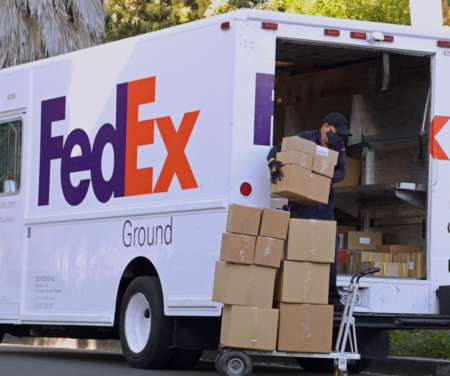Contracts, Cancellations, and Closures: Persistent Trends Leave a Pre-Peak Season Logistics Industry on Edge
Intelligent Audit
SEPTEMBER 7, 2022
Speaking at a recent event in Las Vegas, Patton said, “ This business model is hurting to a degree where my company individually has to see change from FedEx Ground,” according to reporting from SupplyChainDive. Despite High-Profile Retail Cancellations, U.S. Looks for Savings in Freight Broker Contracts. As the U.P.S.
















Let's personalize your content